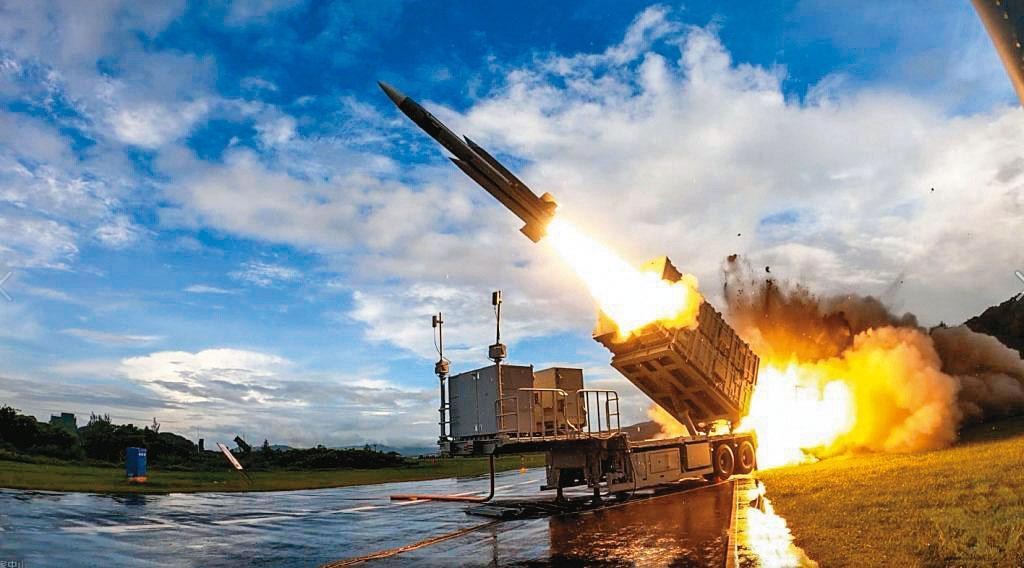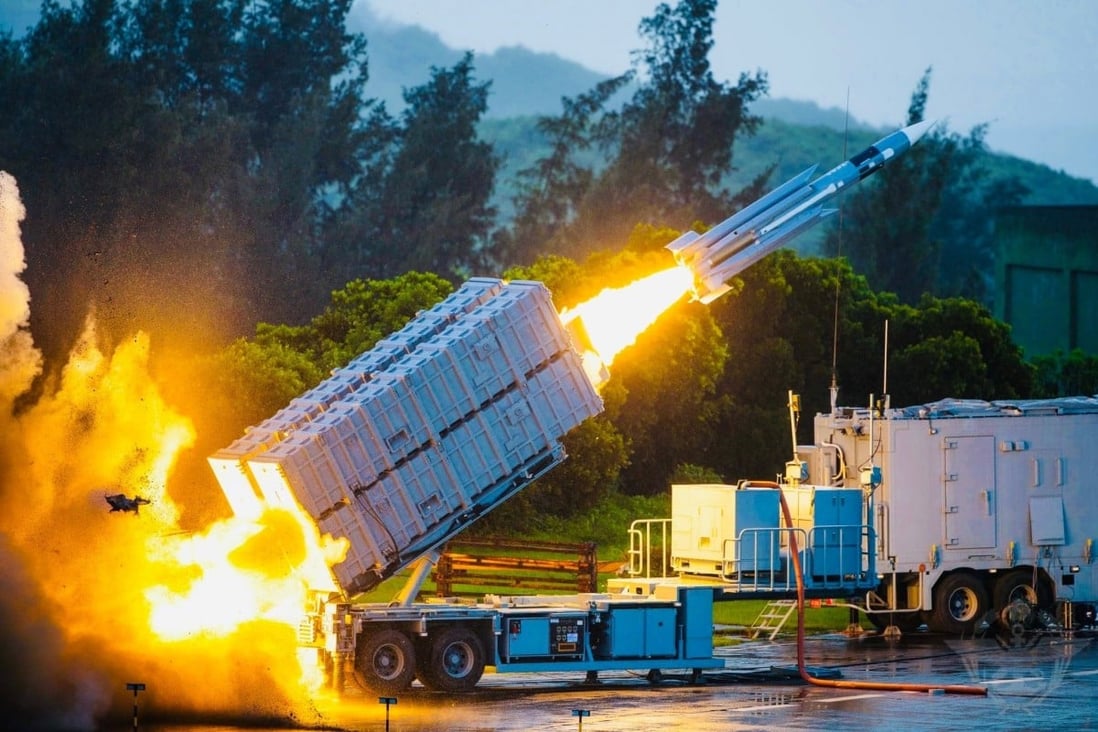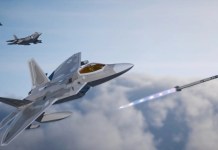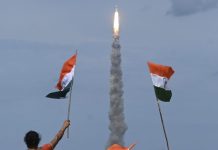A crucial component of one of Taiwan’s powerful anti-ship missile systems was shipped to China for repair, prompting fears about the potential leak of the weapon system.
The deadly Hsiung-Feng III (Brave Wind III) anti-ship missile was designed and produced by Taiwan’s National Chung-Shan Institute of Science and Technology (NCSIST).
The range of this supersonic missile, which can strike both land and sea targets, is 250 miles, which is sufficient to cross the width and length of the Taiwan Strait. Due to its supersonic speed, the missile has earned the nickname “Carrier Killer” and can carry a 500-pound payload that can penetrate armor.
However, Mirror Media reported on January 4 that theodolites used to calibrate the missiles were shipped to China by a Swiss manufacturer to be repaired due to malfunctions.
Taiwanese media expressed concern that the move might expose critical data from missile tests, jeopardizing Taiwan’s national security.
The component in question is produced by the Swiss company Leica Geosystems. It is frequently used in shipbuilding, aerospace, and other manufacturing industries to measure large objects accurately.

The Leica Builder T100/T200 is the company’s top-of-the-line electronic theodolite with outstanding telescope optics, and it can quickly and precisely measure a variety of azimuths in only 0.5 seconds.
Recently, the Ministry of National Defense increased the number of new ranging theodolites it purchases for artillery units, reported Taiwan News.
The NCSIST discovered that the connecting pins of two Leica theodolites had become loosened. Between early December 2021 and late February 2022, a company distributor in New Taipei City’s Xindian District returned the products to Switzerland for Leica Geosystems to conduct the maintenance.
However, sources acquainted with the situation stated that the repairs were completed quickly, and the two theodolites were returned to NCSIST in February and May of 2022, respectively. The measurements of the Hsiung Feng missiles by the theodolites were normalized once the instruments were fixed.
However, it wasn’t until September of 2022 that NCSIST staff members looked over the import declaration form and other documents supplied by Leica Geosystems’ maintenance center and noticed something wasn’t quite right.
The documentation showed that the devices had been returned to Taiwan from the Chinese city of Qingdao in the Shandong Province.
This indicates that the device was either fixed in China or shipped to Taiwan via China, where the Chinese military would have had access to information regarding the missiles or other specifications.
Manufacturer Denied Any Data Leak
In a press release on January 4, the NCSIST noted that the theodolite is an optical correction tool used to measure the missile body, launch box, frame, and other components on its production assembly line and that it is not utilized to regulate the ongoing location of the Hsiung Feng missile.
According to the institute, in 2021, a public tender process was used to buy this equipment from Leica Geosystems. The domestic distributor had to ship the defective items back to the original Swiss factory for repairs because of various equipment flaws.
However, the component was shipped under warranty after removing the appropriate storage memory card.
NCSIST noted that once the equipment was fixed and returned, it decided to investigate to discover that the import statement said it was exported from Qingdao Jiaodong International Airport (“the original manufacturer” Asian maintenance center).

An information technology security assessment was done immediately to ensure that no harmful software was installed on the device. The institute said that there are no security issues regarding information leaks.
Taiwanese security officials were not pleased with the development since any unintentional disclosure of information about Hsiung-Feng III’s systems and capabilities could allow China to create more effective defenses.
“Taiwan must be more strict and careful in its contract management,” Dr. Su Tzu-yun of Taiwan’s Institute of Defense Security Research told the BBC. “Of course, we would not want such equipment to be sent to China for repair.”
The security of Taiwan’s missile program has been a subject of concern in the past. In 2022, three employees of two Taiwanese suppliers received sentences ranging from four to ten years in prison for utilizing Chinese goods to fabricate missile components that were meant to be produced by US firms.
That being said, the NCSIST produced the Hsiung Feng missile series as part of its plan to transform Taiwan into a “hedgehog island” to ward off military aggression from China. The Hsiung Feng missile even attracted the interest of many nations after a Hsiung Feng III missile was accidentally launched and destroyed a fishing vessel in 2016.
- Contact the author at ashishmichel(at)gmail.com
- Follow EurAsian Times on Google News




